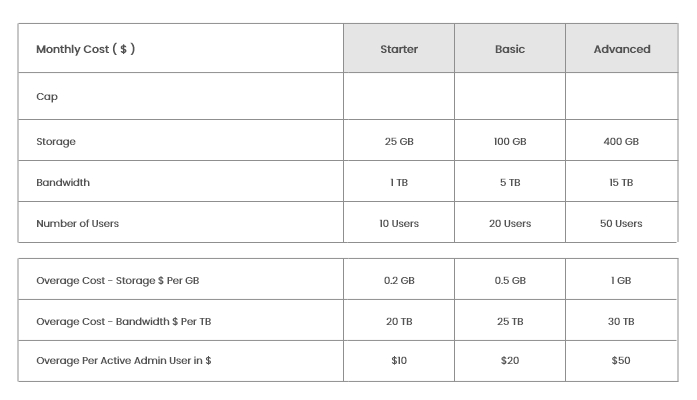



What exactly are long tail keywords? How to Locate Long Tail Keywords
The majority of individuals believe they must pick between traffic quantity and traffic quality.
You may optimize for a high-traffic short-tail keyword like "long tail keywords" and hope that someone stumbles on your page on a crowded and competitive search engine results page (SERP). Alternatively, you might construct a hyper-targeted page for the 80 individuals each month who search for the precise long tail keyword "What exactly are long tail keywords?." But what if there was a third possibility?
The majority of individuals believe they must pick between traffic quantity and traffic quality. However, when you properly optimize a page, You may rank for many long tail keywords that attract relevant people to your site—while also demonstrating to Google that you're an authority on the subject, making it simpler to rank for that short tail keyword in the first place.
To begin, what exactly are long tail keywords?
Long tail keywords are longer, more specialized phrases used by online searchers to find exactly what they're looking for. You can better answer their inquiry and engage with a customer when you generate more precise, targeted content.
They are more effective with time
Long-tail phrases have a lot of clout. They have lower search numbers than shorter variations, but they perform a better job of driving targeted traffic to a website.
Long-tail keywords can help improve your bottom line in paid search marketing initiatives by qualifying visitors before they click. This leads to a higher conversion rate, which in turn leads to a higher Quality Score and a lower cost per click. You know how it goes.
How to Generate Long Tail Keywords
We'll show you how to take a single major keyword and generate an outline for dozens of associated keywords in this guide. These will attract the searchers you wish to attract. That means you'll need to have a primary keyword in mind already.
- Find long-tail keyword suggestions for a specific article.
- Identify probable long-tail keywords.
- Use those keywords to rank for as many as possible other keywords.
You will not only boost traffic, but that traffic will be more relevant due to the precise search intent of long-tail keywords.
Your first goal should be to generate a list of 20-30 keyword ideas, starting with the major term you've previously selected.
1. Google's search engine results page
The Google SERP is the quickest way to discover relevant long-tail keyword suggestions. You'll probably only obtain 10 or 15 keywords from this strategy, so combine it with another on this list. In the SERP, you should concentrate on three areas:
- The Autocomplete function
- Section for People's Questions
- The section of related searches
Begin by entering your principal keyword into Google's search bar and taking note of the autocomplete options that appear.
Remove everything that isn't related to your page or the general search intent you're attempting to satisfy.
2. Answer the Public
Answer the Public is a free tool that displays the most frequently asked questions about your major keyword. This tool is ideal for FAQ-style posts; you can easily locate various headers that address common queries about your subject.
Go to answerthepublic.com and type your keyword, then select "Data" to generate a more readable page.
Don't be scared to incorporate non-grammatically correct keywords. You won't utilize them exactly as described, but they'll let you come up with new ideas.
3. Quora
Unlike Answer the Public, where questions are generated by an algorithm, Quora allows you to access these questions directly and have a deeper understanding of what searchers are thinking. The search bar on Quora will provide a list of results linked to your core term. Concentrate your search by selecting "Questions" from the sidebar and selecting relevant ones.
The search tool on Quora is not always useful. If you're having problems discovering relevant content, try Google search using the search operator "site:quora.com" and your term.
Don't merely take down the title of Quora questions. Investigate the replies as well. They can assist you in determining what searchers want, which will aid you in your content.
4. Google Search Console
When renewing an earlier piece of content, Google Search Console (GSC) is the ideal place to uncover long-tail keywords. You may use GSC data to search by page for long tail keywords that your content is already ranking for. Instead of attempting to rank for something altogether new, you may optimize for these keywords.
Log in to your GSC account, then select "Search results" from the left side of the screen. Then, at the top of the screen, click "+ New" and select "Page" from the dropdown menu.
Enter the URL of the page you're updating, and you'll be presented with a list of queries (or keywords) for which it's already rated.
Use this list to find relevant long-tail keywords. Concentrate on keywords with a high number of impressions (the number of times you appeared in someone's search) but a low number of clicks (the number of times someone clicked your page from a SERP). If a keyword has a lot of impressions but few clicks, it suggests it's ranking but not being clicked on—possibly because it doesn't match people's search intent. When you reoptimize your page, you can improve this.
5. Keyword Research Tools
Keyword research tools can provide keyword ideas based on your primary term, allowing you to quickly identify long-tail versions.
Enter your primary keyword into the Related Keywords Tool.
After you've taken all you can from the list, use the Competitor Research Tool to determine which keywords your competitors' pages are ranking for. You can use your own keywords to target some of their relevant keywords.
Enter the URL of a competitive website on the SERP into the SEO Keywords Tool and discover what keywords they rank for.
Your long-tail keyword research should be completed at this time. You now have a complete list of at least 20-30 keyword ideas to target specific search intentions in addition to your more generic primary keyword.
Hocalwire CMS includes fantastic automation features that help traffic from various sources focus on your website. You may drastically increase your traffic with the aid of Google Analytics and potential choices with Hocalwire. To learn more about Hocalwire CMS's limitless potential, schedule a demo.

